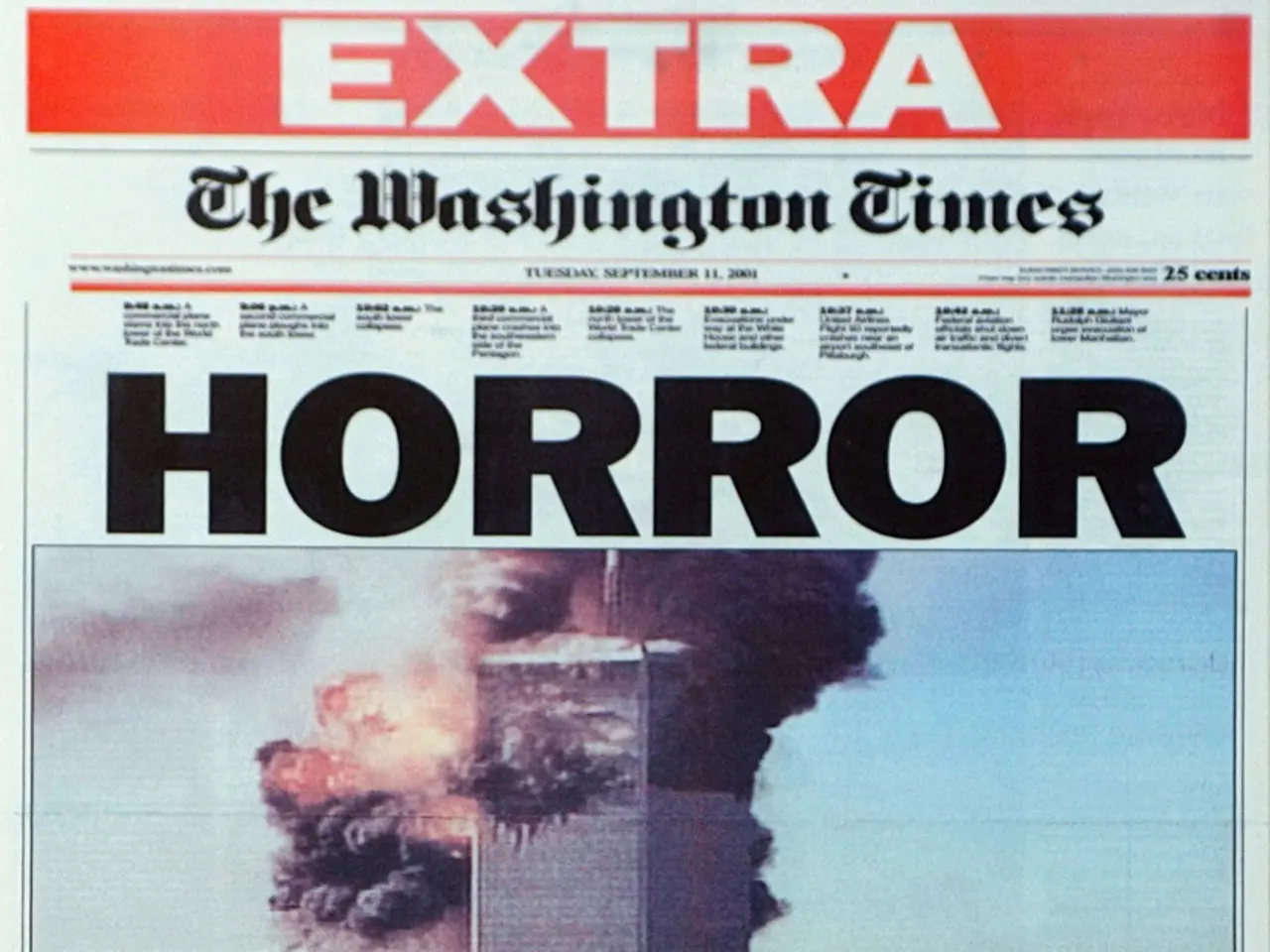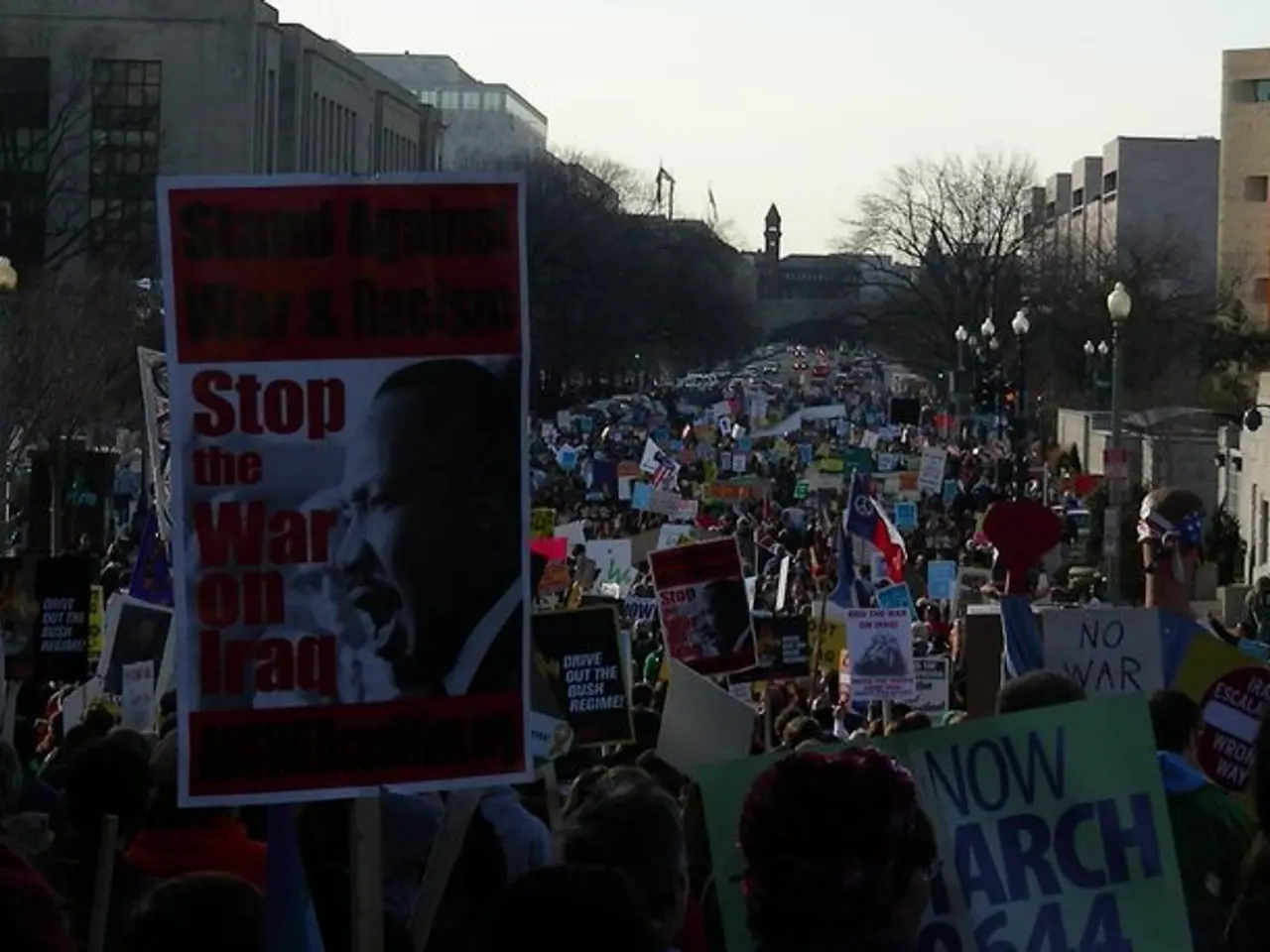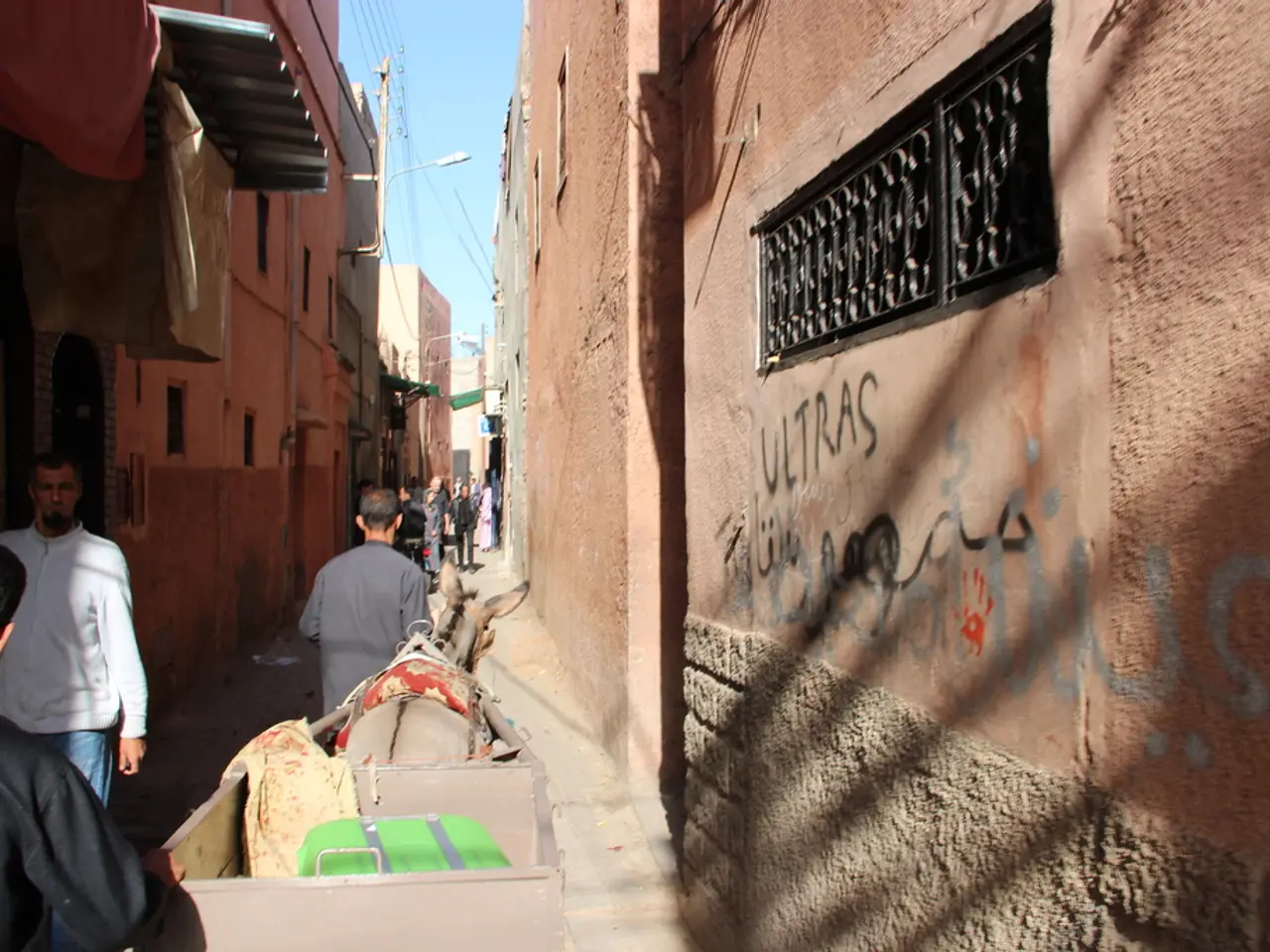Insights Gained from Lula's Experiences
In the realm of international relations, the U.S.-Brazil relationship is currently facing a significant challenge, with a trade dispute and political tensions at the forefront.
The current President of Brazil, Lula da Silva, has been vocal about his criticism towards former U.S. President Donald Trump for not respecting the rule of law in Brazil. This criticism comes amidst a trade dispute that has been brewing since July 2025, when the U.S. imposed tariffs on Brazilian products, including a general 10% duty on all exports and additional 40-50% tariffs on specific products such as coffee, beef, and tropical fruits.
These tariffs, which took effect on August 1, 2025, were justified by the U.S. government based on alleged "unfair trading practices" and cumulative commercial losses. However, Brazil contests these tariffs, claiming they violate U.S. obligations under the WTO's General Agreement on Tariffs and Trade (GATT) 1994 and the Dispute Settlement Understanding (DSU). As a result, Brazil has requested formal WTO dispute consultations with the U.S.
This dispute is significant in the context of U.S. trade policy with Latin America. It reflects a continuity and intensification of U.S. use of unilateral tariffs under Section 301 investigations, potentially straining regional trade relations and integration. The tariff measures directly impact critical Brazilian export sectors such as agriculture and manufacturing, which have been important sources of Latin American exports to the U.S. market and have contributed to Brazil’s trade surplus with the U.S. before the tariff hike.
The U.S. tariff move also has implications for agricultural trade and consumer prices in the U.S., affecting supply chains and market dynamics in this key bilateral relationship.
Meanwhile, political tensions between the two nations are also running high. Eduardo Bolsonaro, the son of the former president, is living in Texas and is driving far-right networking. In Brazil, Jair Bolsonaro is currently on trial for a coup attempt in January 2023, during which his followers rampaged in the capital, Brasília. Alexandre de Moraes, a Supreme Court Justice in Brazil, is banned from traveling to the U.S. due to "serious human rights violations", according to US Secretary of State Marco Rubio.
The U.S. government's interference in Brazil's internal affairs is going beyond what is customary in Latin America, as Trump aims to set an example and revert to the perception of the subcontinent as a quasi-natural sphere of influence. This is evident in the case of Washington's addition of 40% to the existing 10% tariffs due to an alleged witch hunt against Brazil's former president, Jair Bolsonaro.
In a broader context, the Brics, an alliance including Brazil, Russia, India, China, South Africa, and later expanded to include Egypt, Ethiopia, Iran, and the United Arab Emirates, was founded during this period. However, Trump openly criticized the joint Latin American initiatives thriving during his presidency.
The trade dispute and political tensions between the U.S. and Brazil are complex, with implications for both nations and the broader global community. As the situation unfolds, it will be interesting to see how these issues are resolved and how they shape the future of U.S.-Brazil relations.
The trade dispute escalated in July 2025, leading to a 10% tariff on all Brazilian exports and additional tariffs on specific products, such as coffee, beef, and tropical fruits, straining the U.S.-Brazil relationship in the realm of policy-and-legislation and general-news. The political tension further intensified as both nations contended with accusations of internal affairs interference, with Eduardo Bolsonaro driving far-right networking in Texas and Jair Bolsonaro's trial for a coup attempt in Brazil, raising concerns in the arena of politics and war-and-conflicts.






